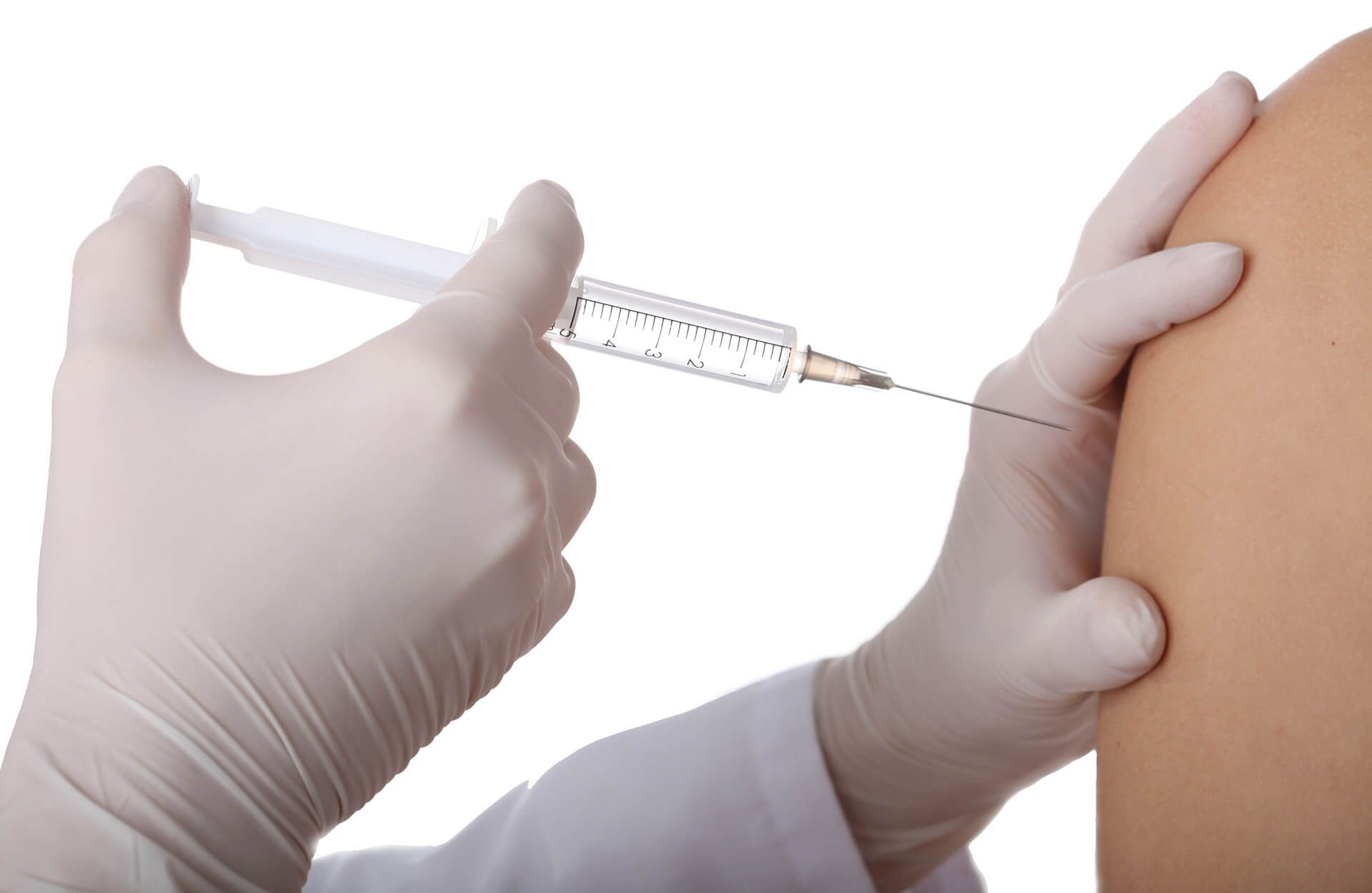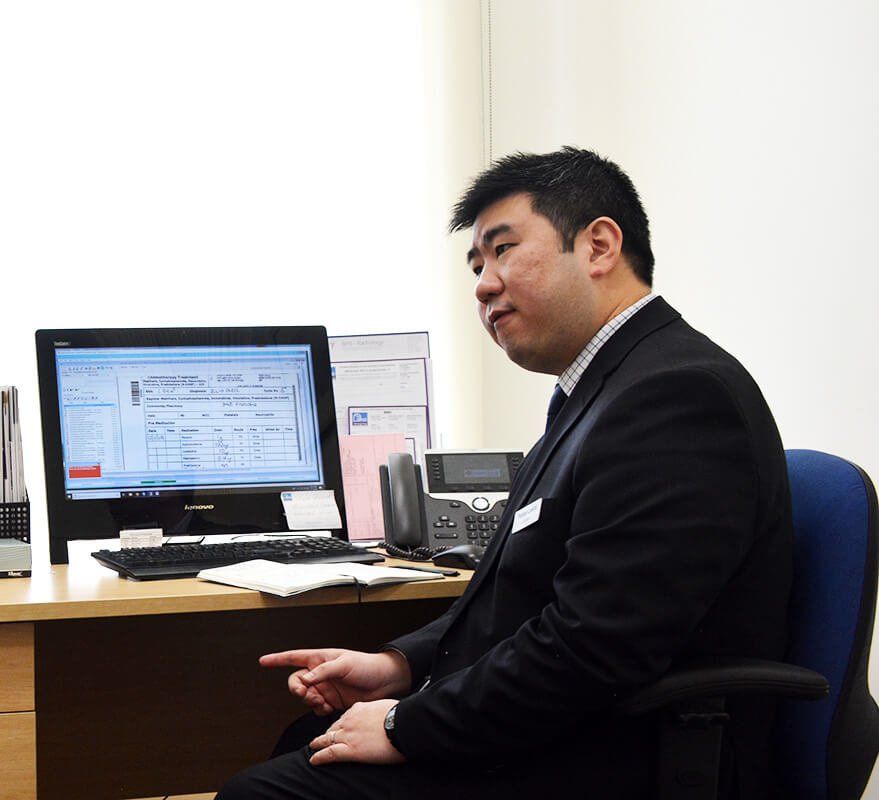Patients with a malignancy, and in particular those receiving treatment for a malignancy, often experience fatigue. And while adequate rest is important, there has been increasing evidence over the past few years that a regular exercise programme can have a considerable benefit on this fatigue, as well and many other treatment related side effects.
The Clinical Oncology Society of Australia (COSA) released a position statement in 2018, which was been updated in April 2020, clarifying the role of exercise in cancer care. It suggests that exercise be “embedded as part of standard practice in cancer care” and that it be “viewed as an adjunct therapy that helps counteract the adverse effects of cancer and its treatment”. The statement goes further to recommend:
- At least 150 minutes of moderate-intensity or 75 minutes of vigorous-intensity aerobic exercise each week; and
- Two to three resistance exercise (ie. lifting weights) sessions each week involving moderate to vigorous-intensity exercises targeting the major muscle groups.1
Moderate-intensity exercise refers to exercise that requires a moderate amount of effort, and noticeably accelerates the heart rate, such as walking, cycling, or swimming at a ‘somewhat hard’ pace. Vigorous-intensity exercise is perceived as ‘hard to very hard’, such as running, or cycling / swimming at a hard pace. During vigorous exercise, you would expect to be a little breathless, and unable to talk in full sentences.
For many with a cancer diagnosis, these targets may seem optimistic, or even unrealistic, and certainly exercise plans need to be tailored to an individual’s abilities and health status. For this reason, accredited exercise physiologists or physiotherapist are well-placed to guide and prescribe an appropriate programme.
The proven benefits of an exercise regimen in those receiving treatments for a malignancy are multiple. Evidence suggests regular exercise improves physical functioning, reduces cancer or treatment related fatigue, alleviates psychological distress, and improves quality of life. 2 This is, of course, in addition to other well establish benefits of improving cardiovascular health, and preventing conditions such as cardiovascular disease and osteoporosis. There is also evolving epidemiological research suggesting that exercise may have an impact on reducing cancer recurrence. Further research is being undertaken to evaluate the impact of exercise on cancer-related survival.
The year 2020 has proven challenging in many ways, including barriers to maintaining an exercise regimen through gym and pool closures, and lockdown orders. But with the gradual relaxation of restrictions, and the weather warming, the opportunities are increasing.
Consider talking with your doctor / oncologist to arrange referral to an appropriate exercise specialist.
Dr Heather Francis
Ballarat Cancer Care & Haematology
1 https://www.cosa.org.au/media/332637/cosa-exercise-position-statement-april-2020-1.pdf
2 Cormie, P., et al., The impact of exercise on cancer mortality, recurrence, and treatment-related adverse effects. Epidemiol Rev, 2017. 39(1): p.71-92.








